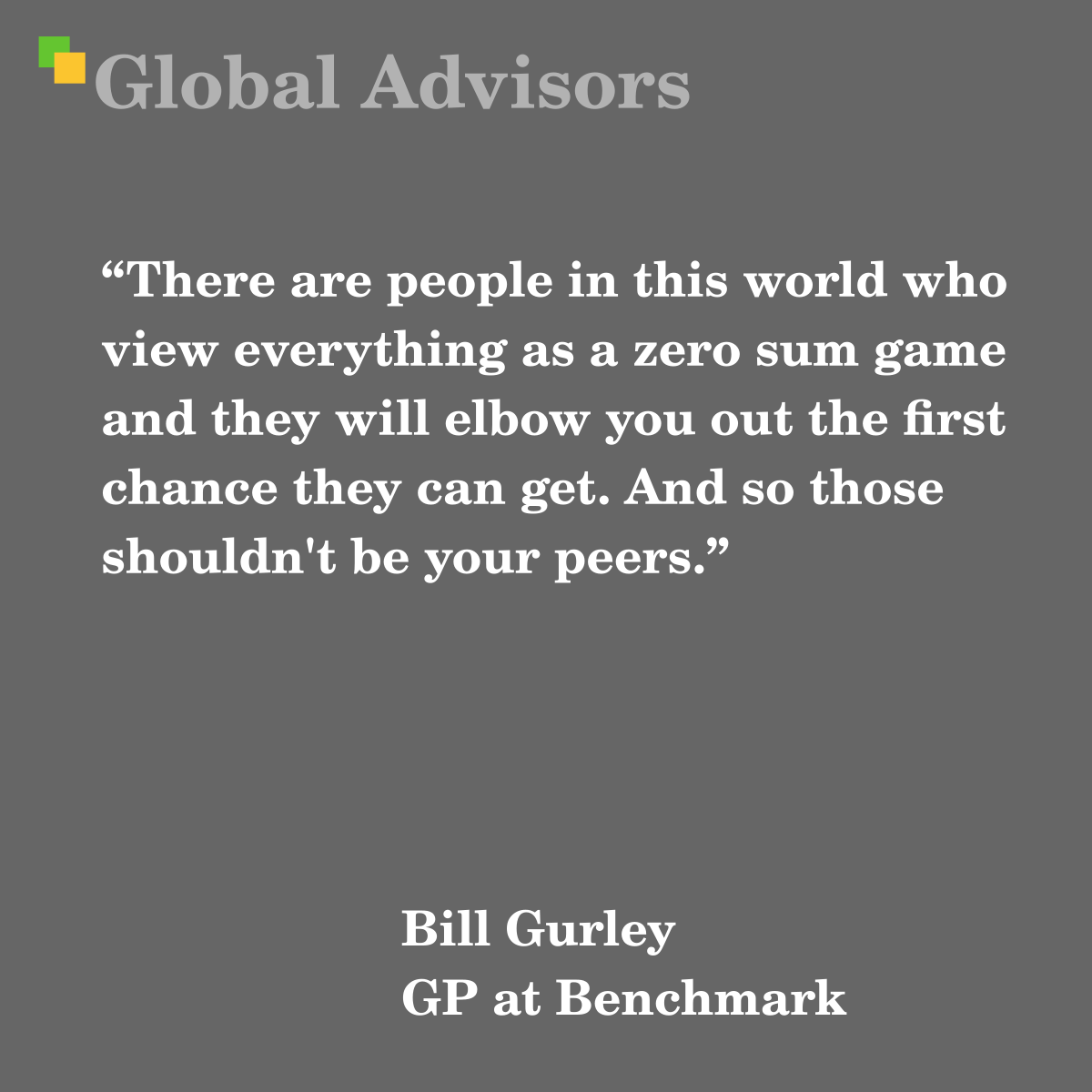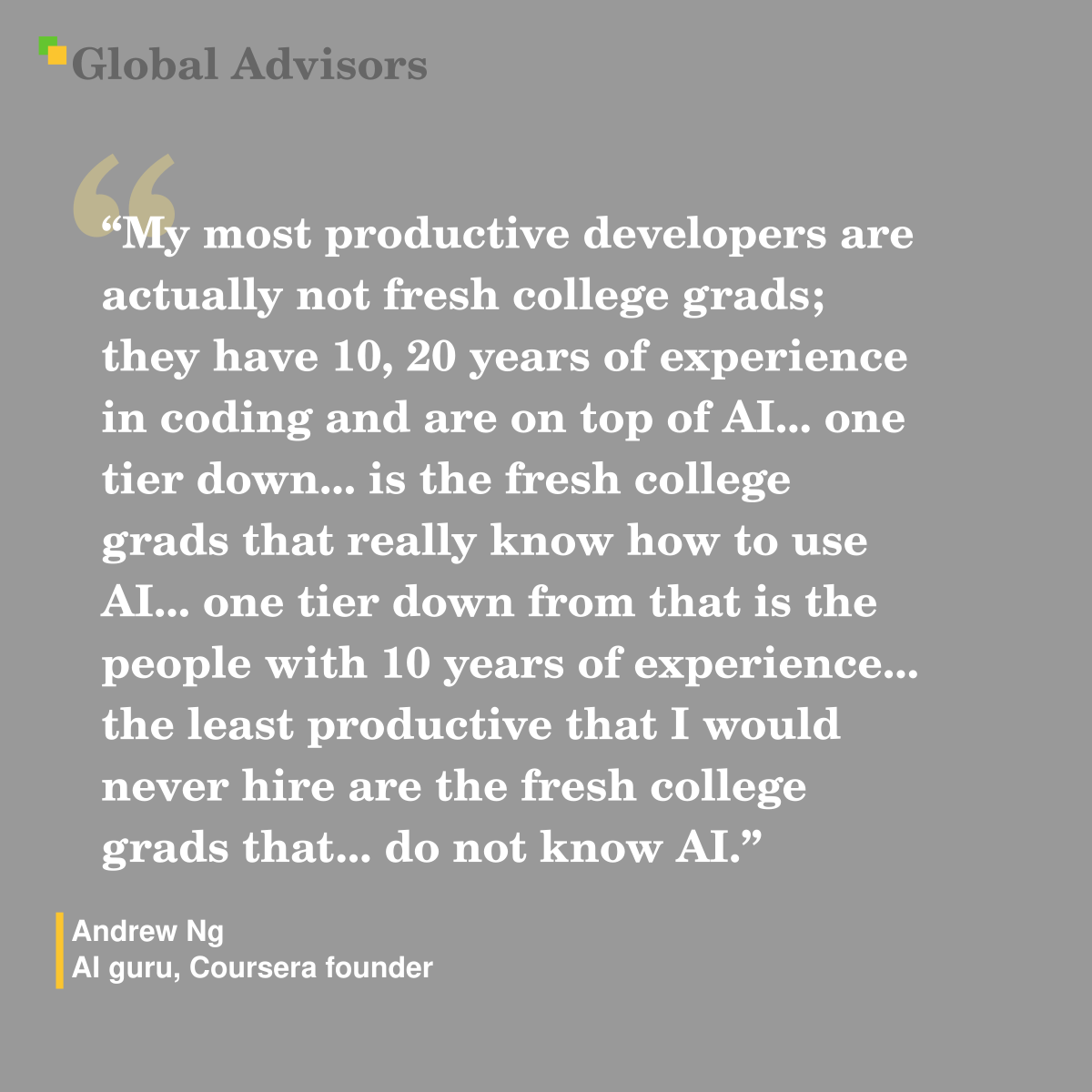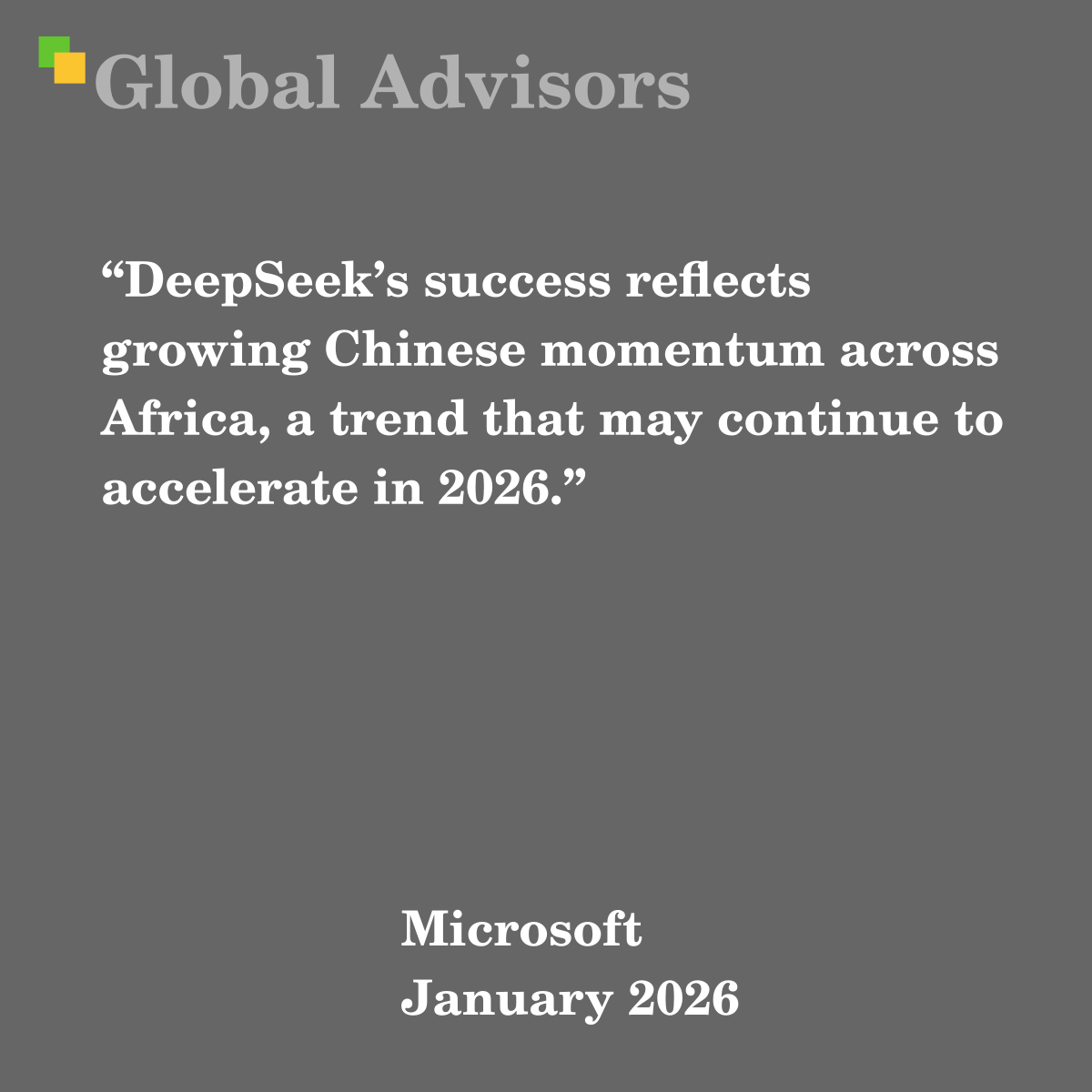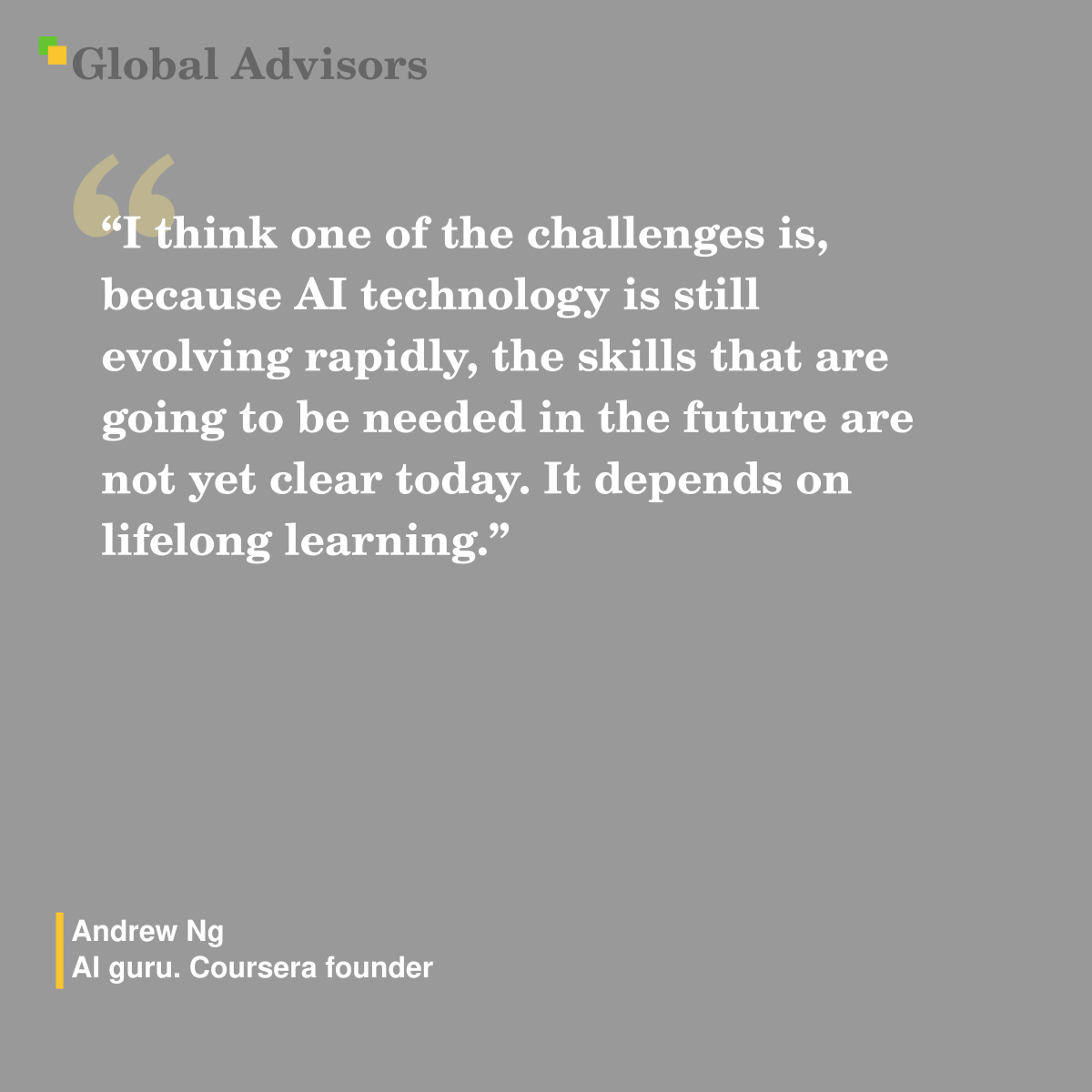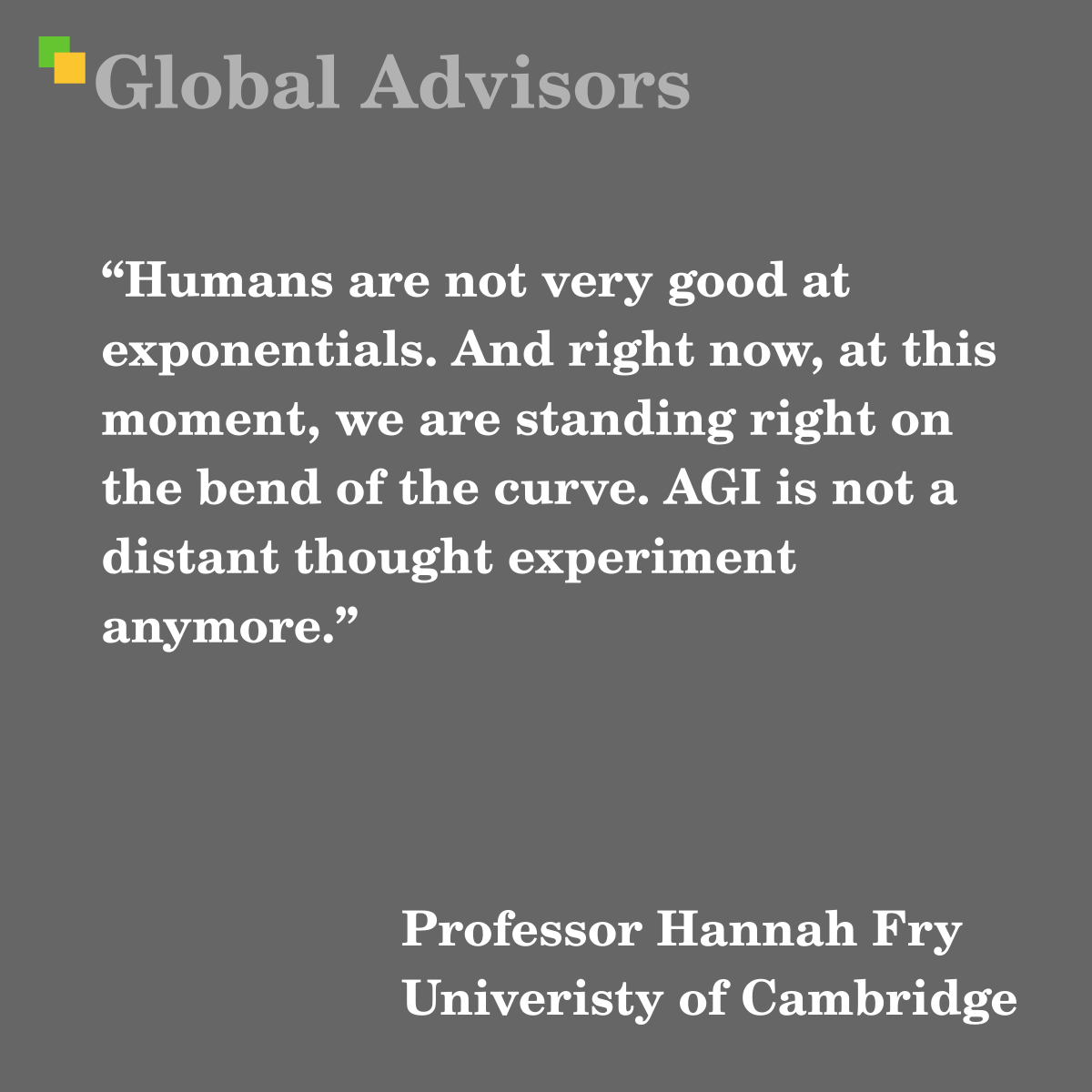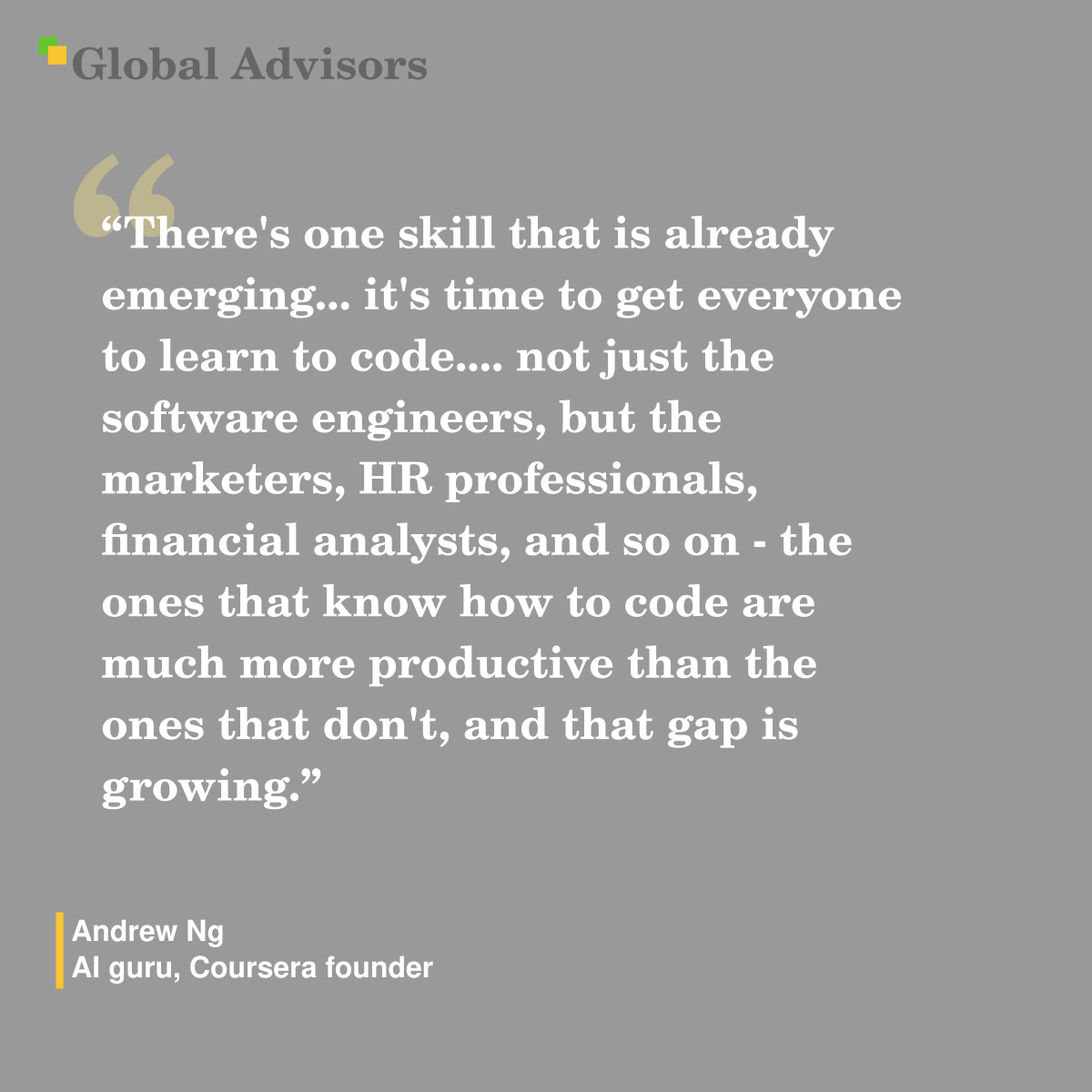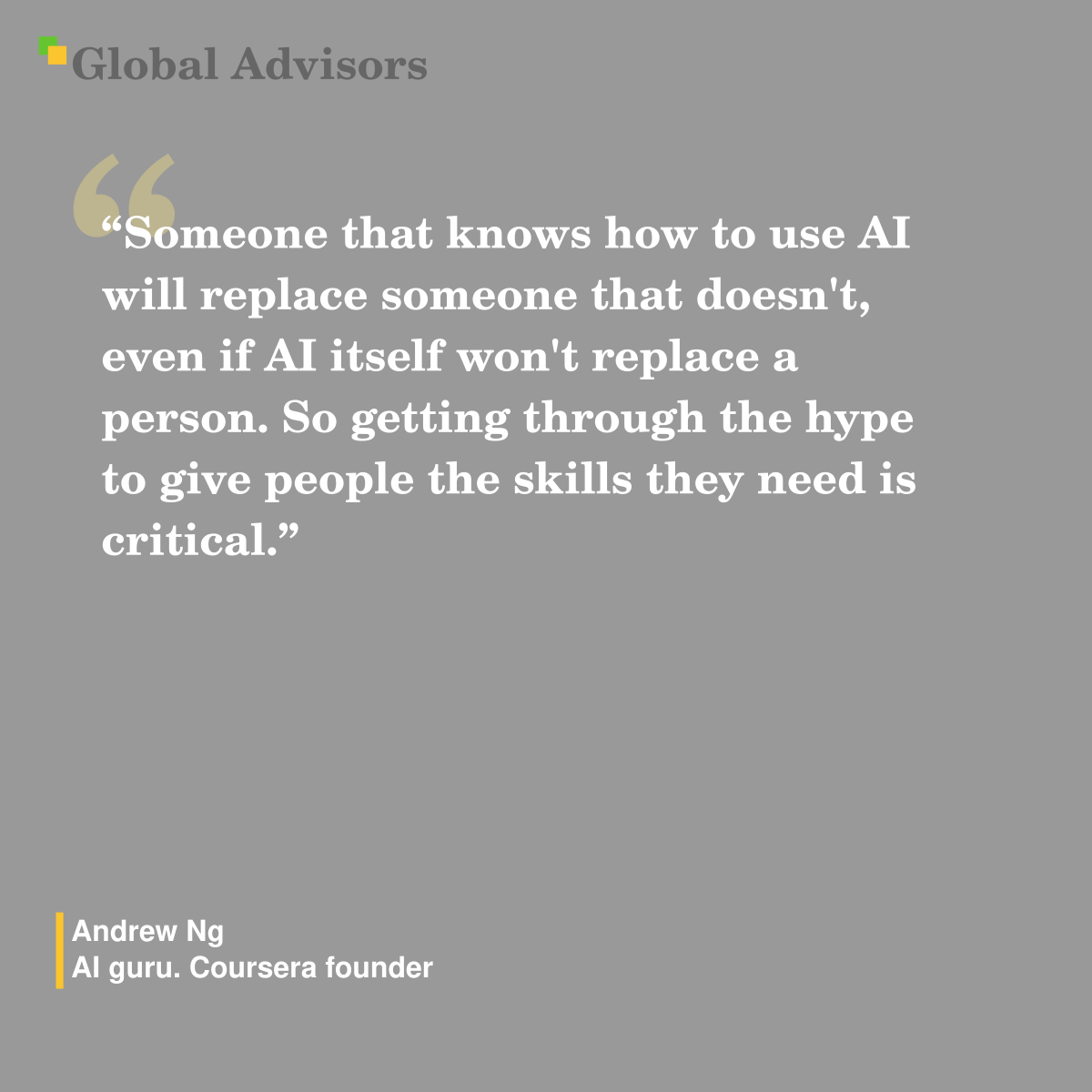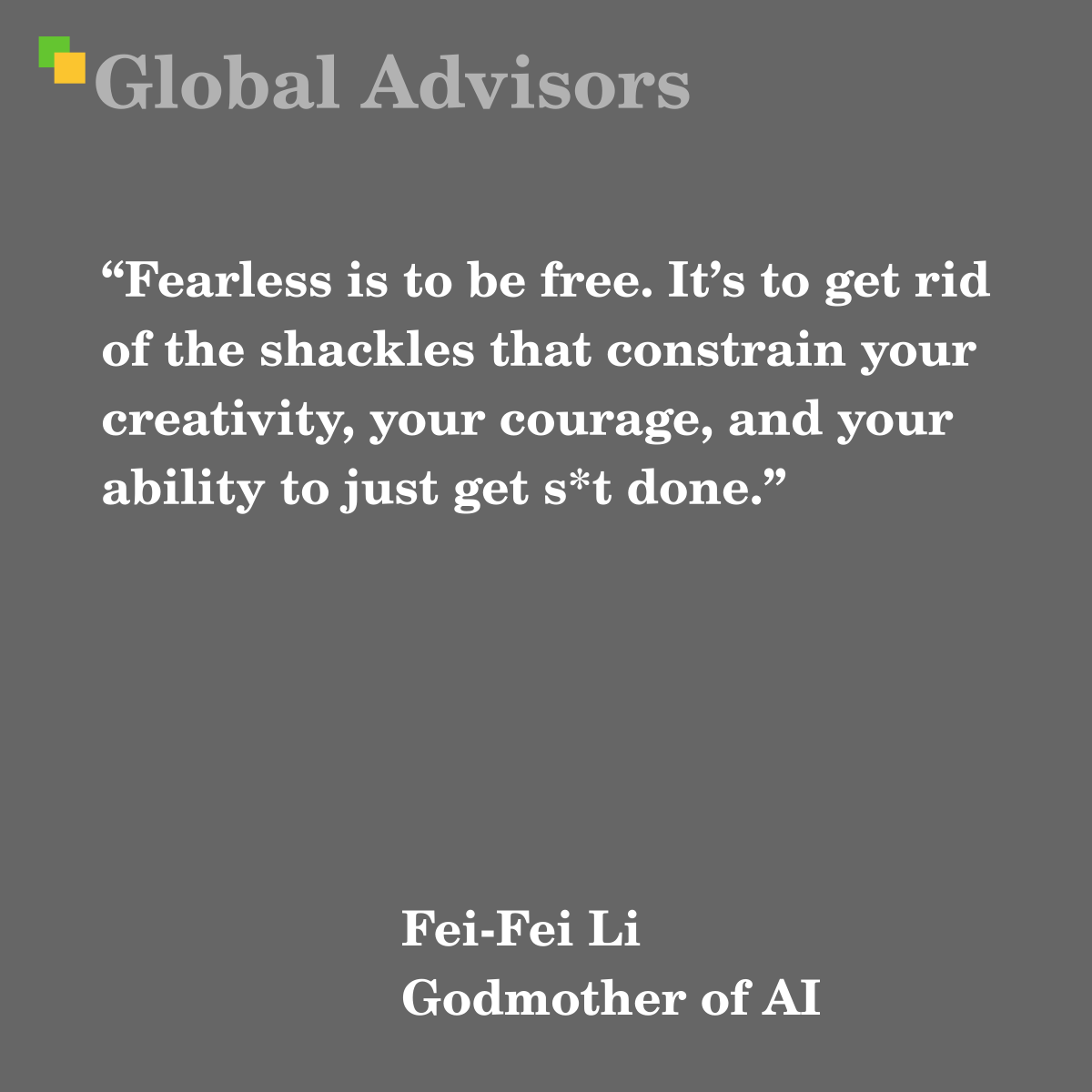“You are incredibly fortunate whatever success falls on you, which is what happened with me.” – James van der Beek – TV star
James van der Beek’s words capture a profound humility amid fame, underscoring how fortune often shapes trajectories in the unpredictable world of acting. As the charismatic lead in the iconic teen drama Dawson’s Creek, van der Beek experienced overnight success that he attributed largely to serendipity rather than calculated ambition. His perspective resonates deeply in an industry where talent meets opportunity by chance, a theme echoed throughout his career.
James van der Beek: From Small Beginnings to Global Fame
Born on 8 March 1977 in Cheshire, Connecticut, James William Van Der Beek grew up in a middle-class family with a father who worked as a corporate executive and a mother who was a gymnastics coach and homemaker. From an early age, he displayed a flair for performance, participating in school plays and local theatre. Despite initial aspirations towards professional tennis, van der Beek pivoted to acting after being accepted into the Interlochen Center for the Arts, though he ultimately attended Drake University briefly before dropping out to pursue opportunities in New York.
His breakthrough arrived unexpectedly in 1998 when, at age 21, he landed the titular role of Dawson Leery in Dawson’s Creek, created by Kevin Williamson for The WB network. The show, which aired from 1998 to 2003 across six seasons, followed the lives of four friends navigating adolescence in the fictional small town of Capeside, Massachusetts. Van der Beek’s portrayal of the earnest, film-obsessed dreamer Dawson catapulted him to international stardom, making him a household name among teenagers worldwide. The series’ witty dialogue, emotional depth, and exploration of coming-of-age themes drew a massive audience, peaking at over 6 million viewers per episode in the US.1
Post-Dawson’s Creek, van der Beek diversified his career with roles in films like Varsity Blues (1999), which ironically flopped despite high expectations and shaped his later scepticism about success, and Rules of Attraction (2002). He later starred in TV series such as Mercy (2009) and Don’t Trust the B—- in Apartment 23 (2012-2013), where he parodied his own image. Van der Beek also appeared in CSI: Cyber and voiced characters in animations like Labor Day. Off-screen, he embraced fatherhood with his wife Kimberly Brook, raising six children, and advocated for holistic health and work-life balance.
Tragically, van der Beek passed away on 11 February following a battle with colorectal cancer at the age of 48, just months after reflecting on his career at the Steel City Con in April 2025 alongside co-star Kerr Smith. There, he recounted the moment he realised Dawson’s Creek‘s magnitude: an appearance in Seattle expecting 100 fans but greeted by 500 screaming admirers. This anecdote mirrors the quote’s essence, highlighting his initial doubts after a prior film’s failure.1
The Context of the Quote: Gratitude in Reflection
The quote emerges from van der Beek’s broader philosophy on success, articulated amid discussions of Dawson’s Creek‘s enduring appeal. He credited the show’s multigenerational fandom to its ‘very sincere’ characters who ‘cared about trying to do the right thing,’ noting even his daughter Olivia’s friends watched it despite the lack of modern tech like mobile phones. His commitment to the role, alongside co-stars Katie Holmes, Joshua Jackson, and Michelle Williams, amplified its authenticity. Yet, van der Beek consistently downplayed personal agency, viewing his stardom as ‘incredibly fortunate’ happenstance-a mindset forged by Hollywood’s volatility.1
Leading Theorists on Luck, Success, and Serendipity in Careers
Van der Beek’s emphasis on luck aligns with scholarly explorations of success as a confluence of talent, timing, and chance. Nassim Nicholas Taleb, in Fooled by Randomness (2001), argues that much of perceived skill in fields like acting stems from survivorship bias and randomness, where outliers succeed not solely through merit but ‘black swan’ events-rare, unpredictable occurrences mirroring van der Beek’s Seattle epiphany.
Similarly, Robert H. Frank’s Success and Luck (2016) draws on research showing luck’s outsized role in professional achievements. Analysing data from sports, business, and arts, Frank posits that while talent provides a baseline, exponential rewards amplify small advantages via fortunate breaks, much like landing Dawson’s Creek amid a teen drama boom.
In psychology, Richard Wiseman’s The Luck Factor (2003) presents empirical studies distinguishing ‘lucky’ from ‘unlucky’ individuals. Wiseman identifies traits like optimism, resilience, and openness to opportunity-qualities van der Beek embodied by persisting post-flop films-which enhance serendipity capture. Actor memoirs, such as those by Matthew McConaughey or Meryl Streep, echo this, often crediting ‘right place, right time’ over relentless grind.
Stephen Jay Gould, in Full House (1996), critiques success myths through evolutionary biology analogies, suggesting peaks like van der Beek’s fame result from random drifts rather than linear progress. These theorists collectively validate his view: success in acting, rife with 1-in-10,000 odds, owes more to fortune than thespian prowess alone.
Legacy: Sincerity Over Spotlight
Van der Beek’s career exemplifies acting’s lottery-like nature, where Dawson’s Creek endures for its heartfelt portrayal of youth’s uncertainties. His final reflections remind us that true fortune lies in gracious acceptance of life’s unpredictable gifts.
References
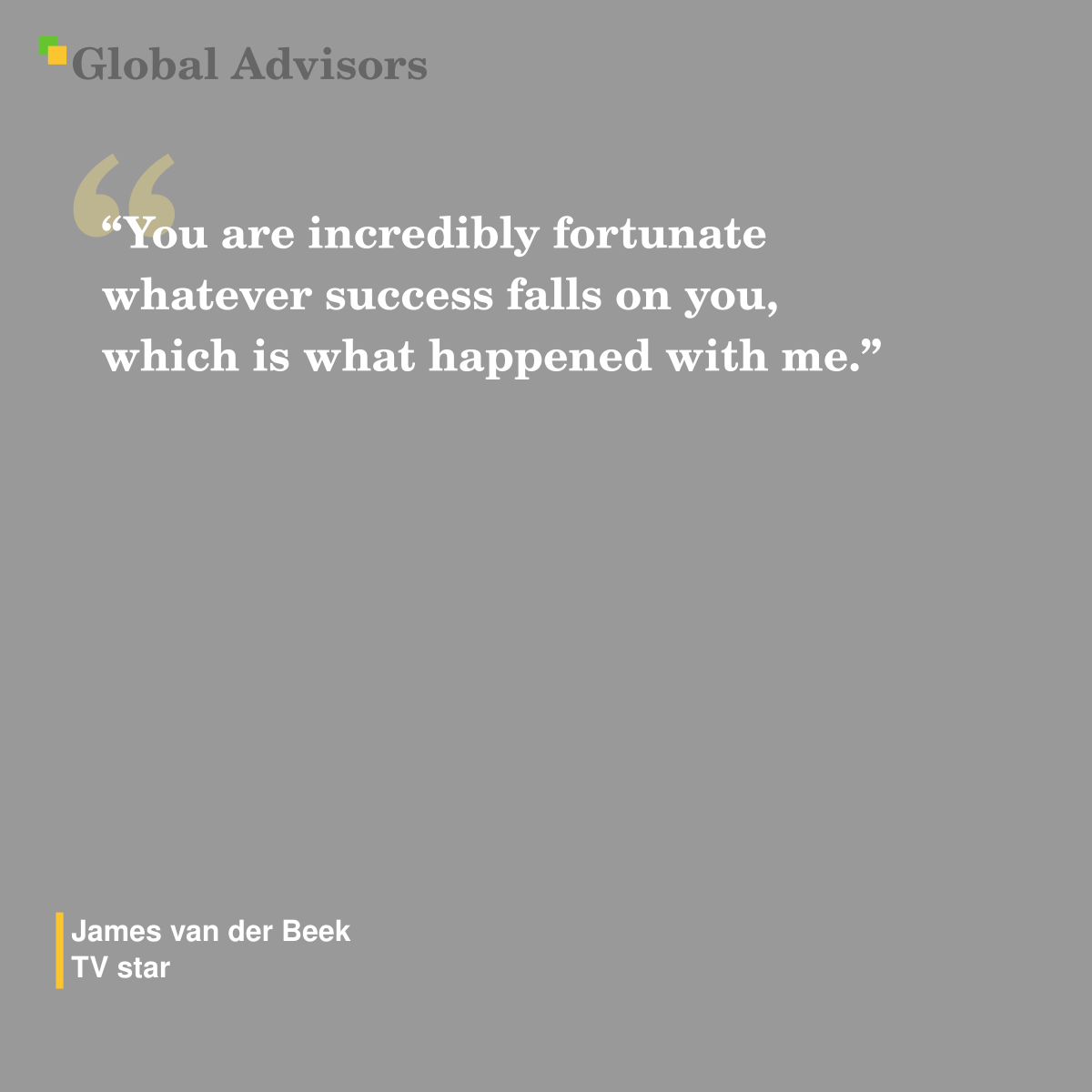





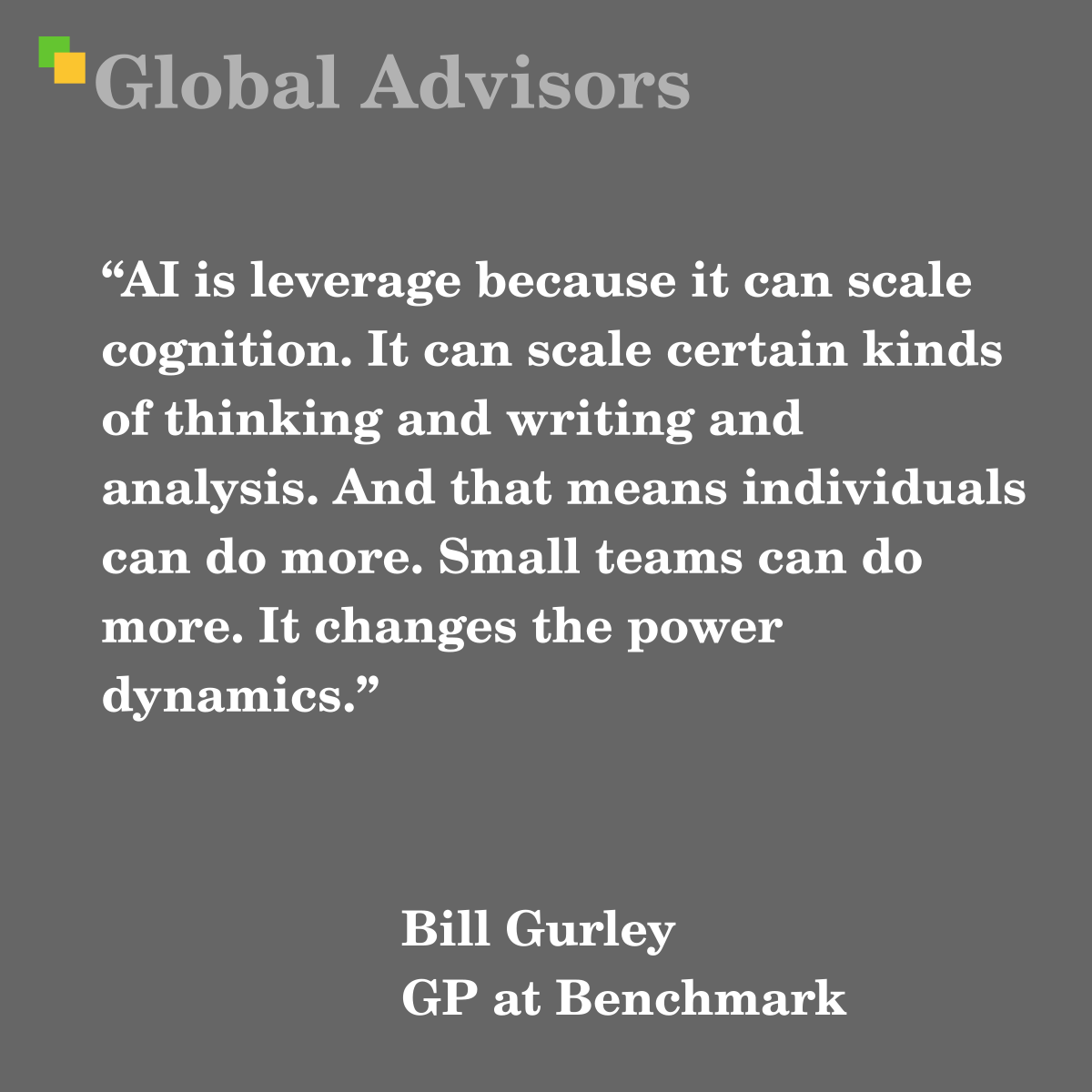

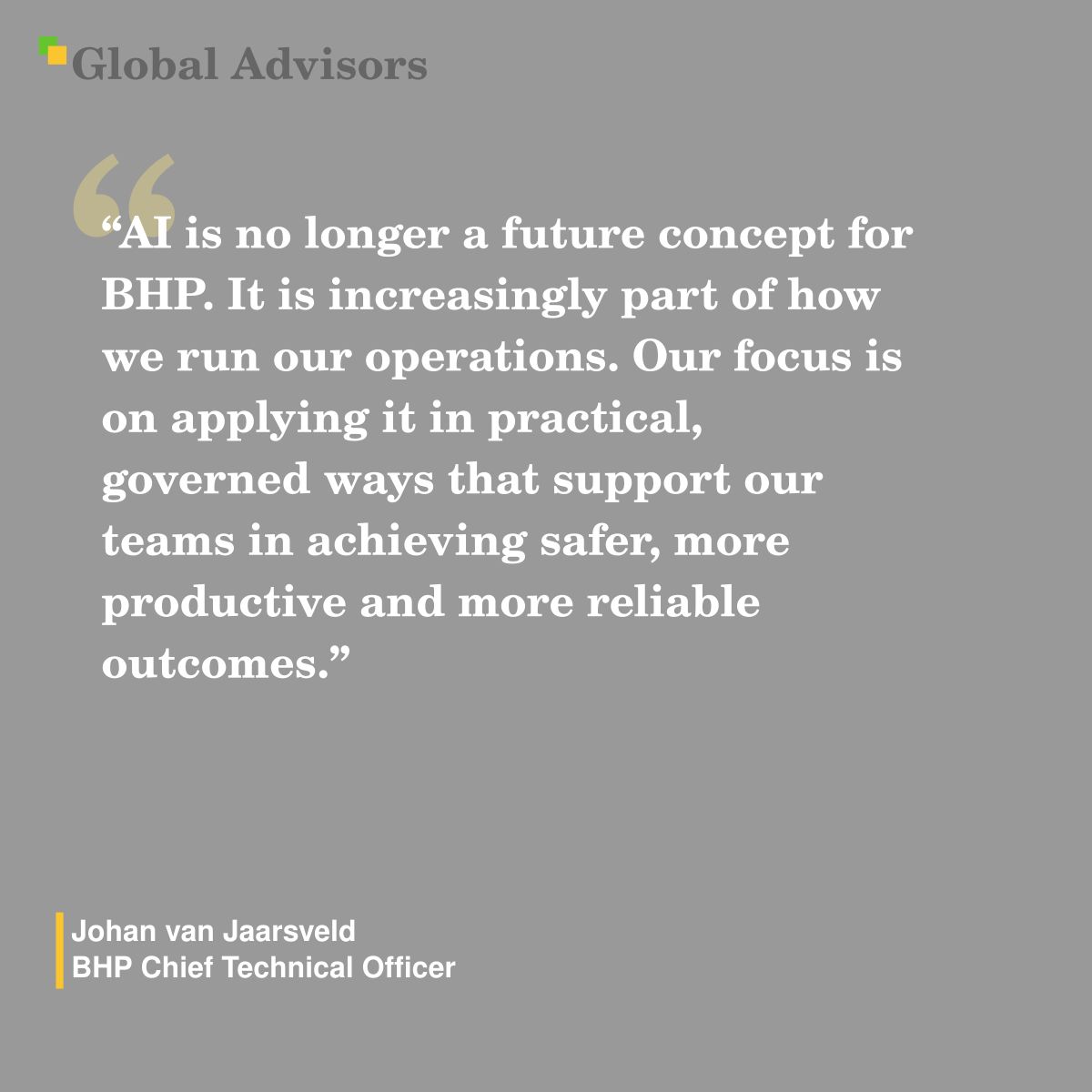

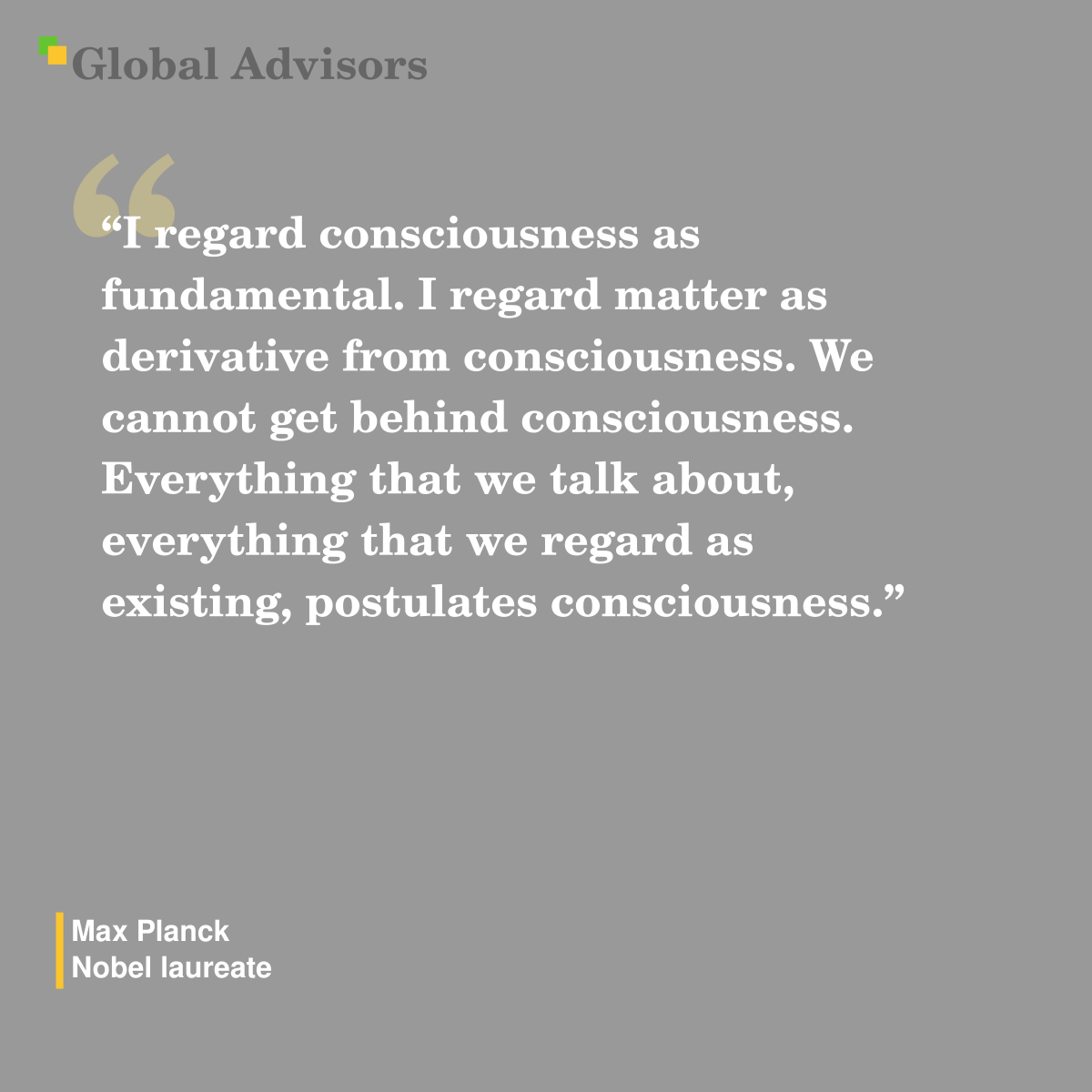



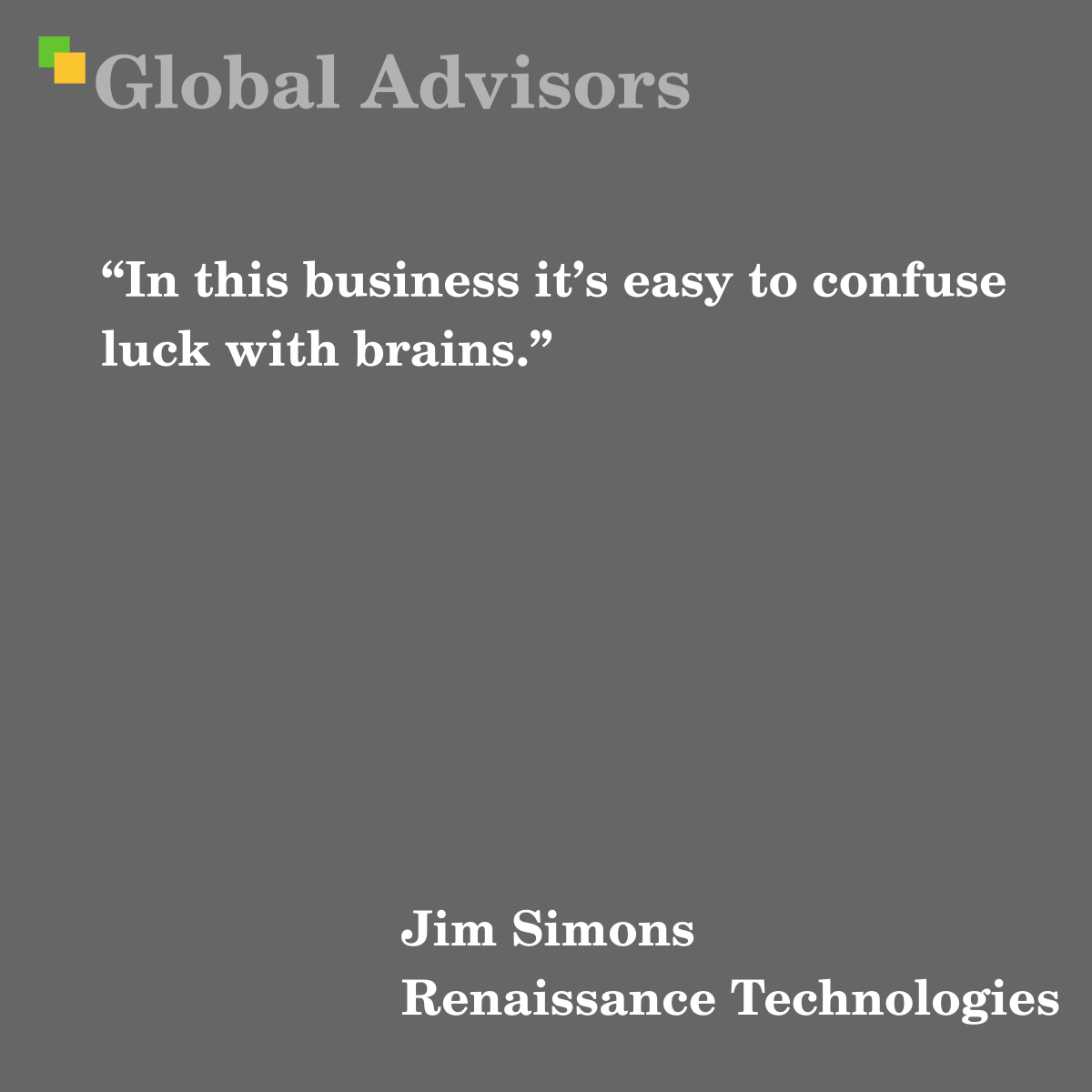



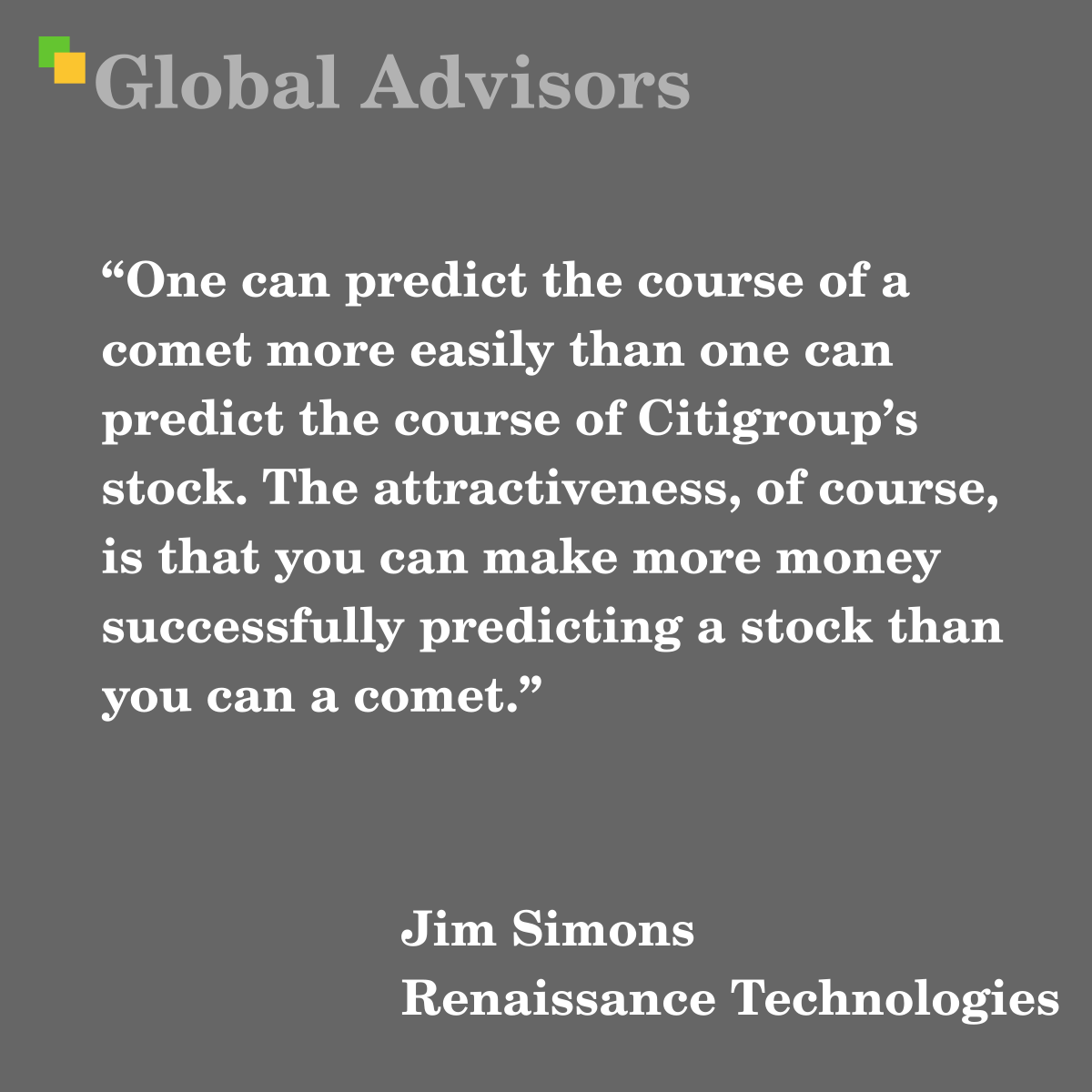

!["I find that we've done this "let a thousand flowers bloom" bottom-up [AI] innovation thing, and for the most part, it's led to a lot of nice little things but nothing transformative for businesses." - Quote: Andrew Ng - AI guru. Coursera founder](https://globaladvisors.biz/wp-content/uploads/2026/02/20260202_10h15_GlobalAdvisors_Marketing_Quote_AndrewNg_GAQ-1.png)

